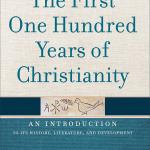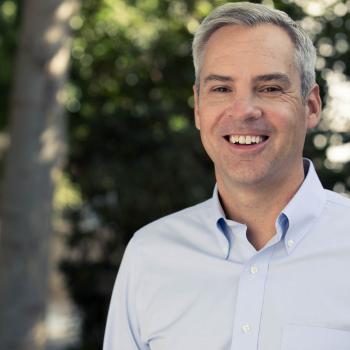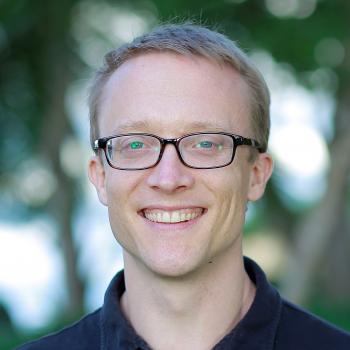Dr. Lapsley is a fantastic scholar, so glad to be able to introduce her and her work to you! I have used her work in the classroom with students and they find her very engaging.
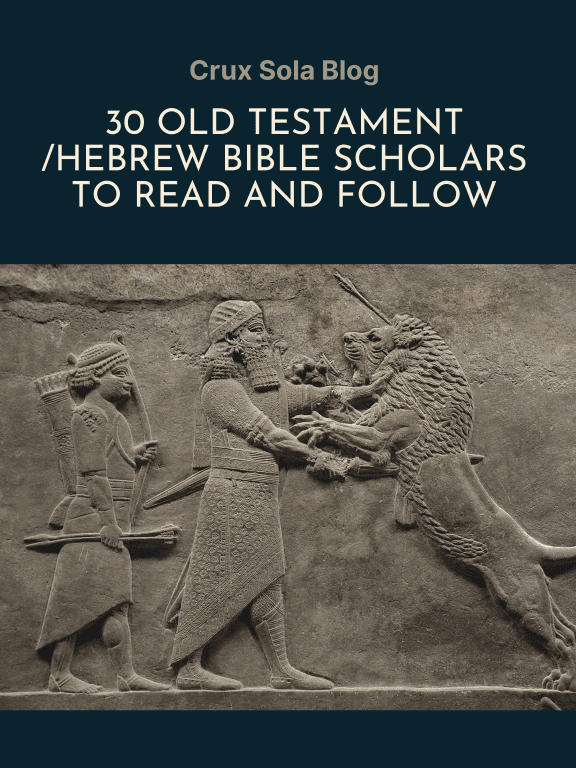
Jacqueline E. Lapsley, Professor of Old Testament and Academic Dean, Princeton Theological Seminary
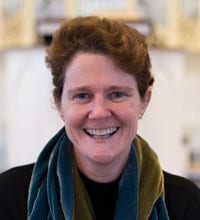
Why do you love teaching and researching about the OT/HB?
What is one “big idea” in your scholarship?
I hope that my work on ethics and the Old Testament conveys the ways in which a commitment to the flourishing of the vulnerable in creation, whether that be the earth itself, non-human animals, or at-risk human beings, is not only compatible with, but is actually enhanced by, a commitment to read the Old Testament as Scripture. The Old Testament is a rich resource for deepening our bonds with our fellow creatures and with all of creation.
Also, I have written on Ezekiel over the years (a book, then several articles) and all of that work takes up questions of moral agency and the ways in which the trauma of the exile is inscribed on bodies—both the temple body and human bodies. In these works I hope readers would come away with a sense of the way that literary analysis can be in deep service to a sophisticated theological understanding of what is at the heart of a biblical book.
Who is one of your academic heroes and why do you admire them?
 I have several heroes in the profession but probably the person I admire most is Carol Newsom, who was my Doktormutter, now retired from Emory University. She is the most sophisticated, subtle, integrative thinker in Hebrew Bible that I have ever come across. Her book on Job (The Book of Job) brought Job to life for me in a way that nothing has, before or since. In all her work she reads widely across disciplines and then draws on those ideas to illumine the Old Testament texts. She is amazing. My Emory classmates and I still joke about how awed we were by her as students, and that awe (and admiration!) continue to this day.
I have several heroes in the profession but probably the person I admire most is Carol Newsom, who was my Doktormutter, now retired from Emory University. She is the most sophisticated, subtle, integrative thinker in Hebrew Bible that I have ever come across. Her book on Job (The Book of Job) brought Job to life for me in a way that nothing has, before or since. In all her work she reads widely across disciplines and then draws on those ideas to illumine the Old Testament texts. She is amazing. My Emory classmates and I still joke about how awed we were by her as students, and that awe (and admiration!) continue to this day.What books were formative for you when you were a student? Why were they so important and shaping?

 Read Lapsley’s Work
Read Lapsley’s Work
If you ran into me at SBL, and you didn’t want to talk about OT/HB studies, what would you want to talk about?
What is a research/writing project you are working on right now that you are excited about?




